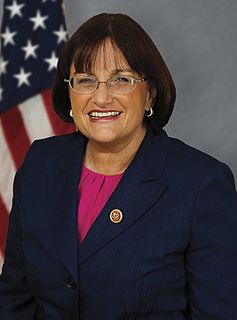A Quote by Eric Schneiderman
When I was in the Senate, I worked to pass Women's Health and Wellness Act, which bars insurance companies from discriminating against the health care needs of women.
Related Quotes
We have health insurance companies playing a major role in the provision of healthcare, both to the employed whose employers provide health insurance, and to those who are working but on their own are not able to afford it and their employers either don't provide it, or don't provide it at an affordable price. We are still struggling. We've made a lot of progress. Ten million Americans now have insurance who didn't have it before the Affordable Care Act, and that is a great step forward.
































